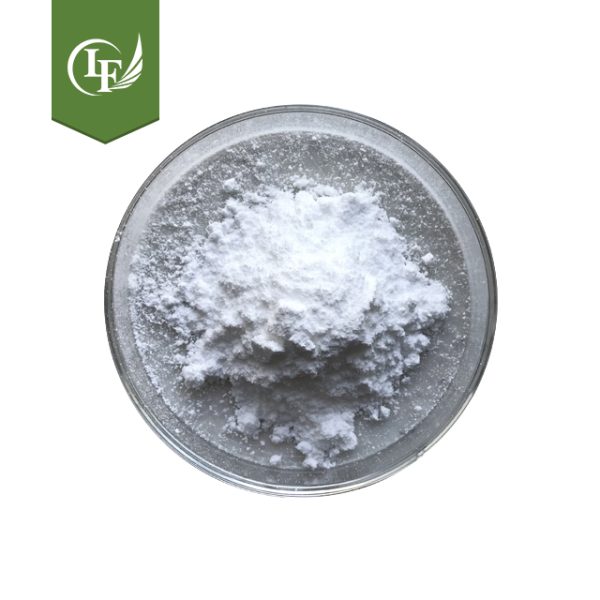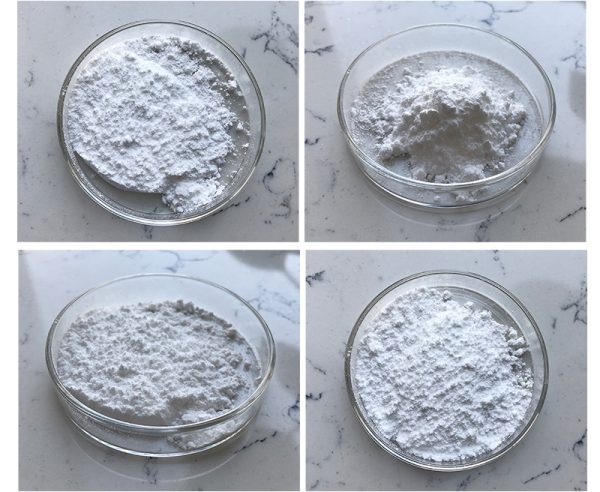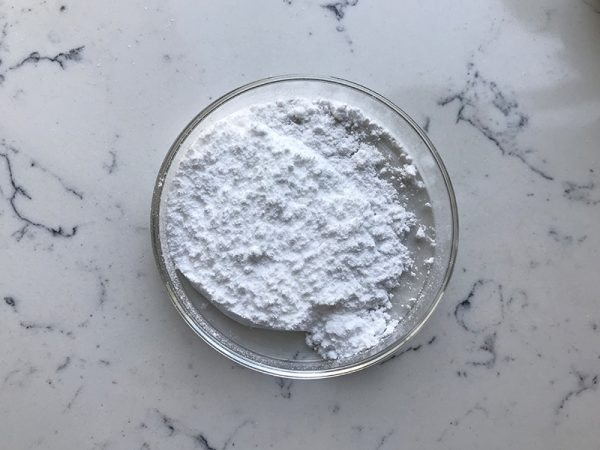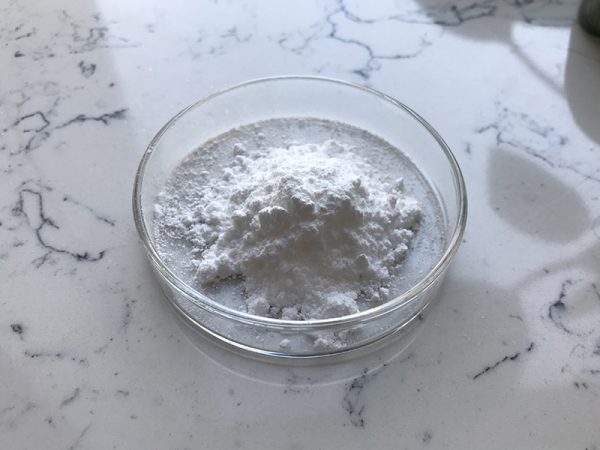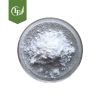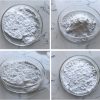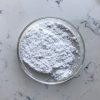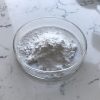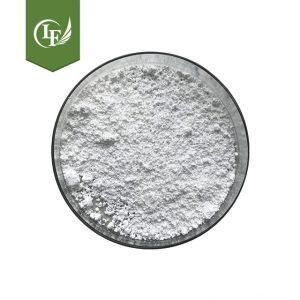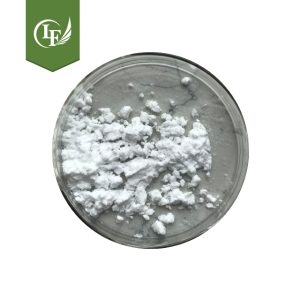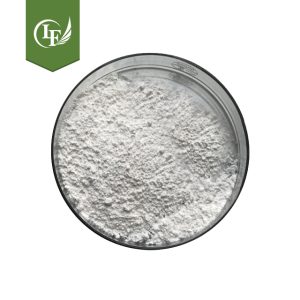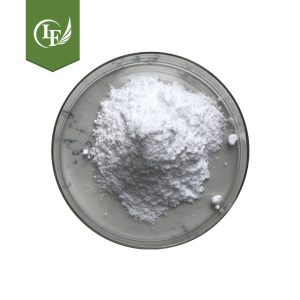L-Arginine Powder
L-arginine is one of the 20 amino acids that build up protein. L-arginine is one of the non-essential amino acids, meaning it can be synthesized in the body.
It is an important component of collagen, enzymes and hormones, skin and connective tissues. L-arginine plays important roles in the synthesis of various protein molecules;
It participates in the ornithine cycle in the human body, promotes the formation of urea, and converts the ammonia produced in the human body into non-toxic urea through the ornithine cycle, which is excreted in the urine, thereby reducing the blood ammonia concentration. There is a higher concentration of hydrogen ions, which helps to correct the acid-base balance in hepatic encephalopathy. It is a basic amino acid together with histidine and lysine
Description

| Product Name | L-Arginine |
| CAS No | 157-07-3 |
| Appearance | White crystal powder |
| Sample | Available |


1. L-Arginine can be used as a nutritional supplement or flavoring agent. For adults non-essential amino acids, but the body produces slower, as the essential amino acids for infants and young children, certain detoxification.
2. L-Arginine ornithine cycle is an integral component and has extremely important physiological functions. Eating arginine, which can increase the activity of liver arginase, and helps the blood ammonia into urea and excreted out. Therefore, arginine for hyperammonemia, liver dysfunction and other diseases is quite effective.
3. L-Arginine is an amino acid-base pair, for adults. However, not essential amino acids, but in some cases, such as in immature organisms under conditions of severe stress, the absence of arginine, the body can not maintain positive nitrogen balance and normal physiological function. Lack of arginine may lead to the patient if the ammonia is too high, and even coma. If infants with congenital lack of certain enzymes of the urea cycle, arginine is necessary, or can not maintain their normal growth and development.
4. L-Arginine’s important metabolic function is to promote wound healing, it can promote the synthesis of collagen, and it can repair the wound. Secretion of fluid in the wound can be observed in the increase of arginase activity, which also shows that the wound is in the vicinity of the arginine requirement substantially. Arginine can promote micro-circulation around the wound and promote wound healing as soon as possible.

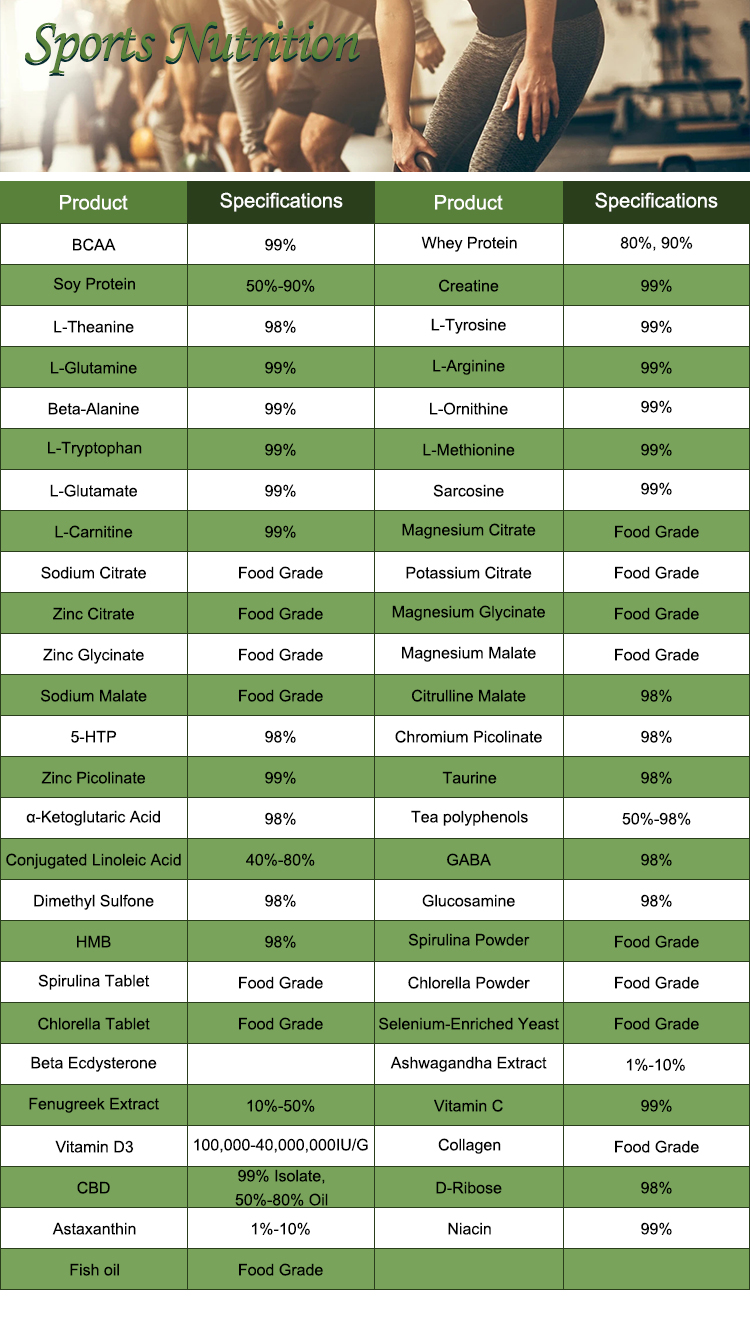

- More Than 10 Years Experience in the Field of Health and Export (Established in 2011, And Developed 3 Branch Companies)
- Certificate Of ISO, Halal And Kosher
- High Standard Workshop And Visitors Welcome At Any Time
- Professional Team
- Providing OEM Service
- Transaction Guarantee And Convenient Payment Terms Available
- Professional Packing And Custom Packing Service
- Providing Visual Delivery Process
- Providing Refunds Or Exchanges Service

We Provide You With The Sincerest And Most Professional Service As follows
1. Sales
- 24 Hours of Market Information
- Sharing of Market Information Trend
- Suggestion for Purchase Decision
2. Payment
- Different Payment Terms: TT,LC, And So On
- Multiple Payment Methods: Bank Transfer, Credit Card, Paypal Etc.
- Funds Risk Control
3. Shipment Conditions
- Fast Shipping Within 3 Working Days Usually
- Update for Full Shipment Process From China to Destination
- Cooperation for Fast&Smooth Custom Clearance at Destination
4. Reputation
- Implementing Contract Terms Strictly
- Timely Solving Any Discrepancy or Goods Claims
- Responsible for Loss Under Our Liability Others
5. Others
- Assistant: Sample Working; Help You Solve The Problem in China
- Registration: Professional Team for Registration in Market
- Technology: Rich Experienced Technician to Support

